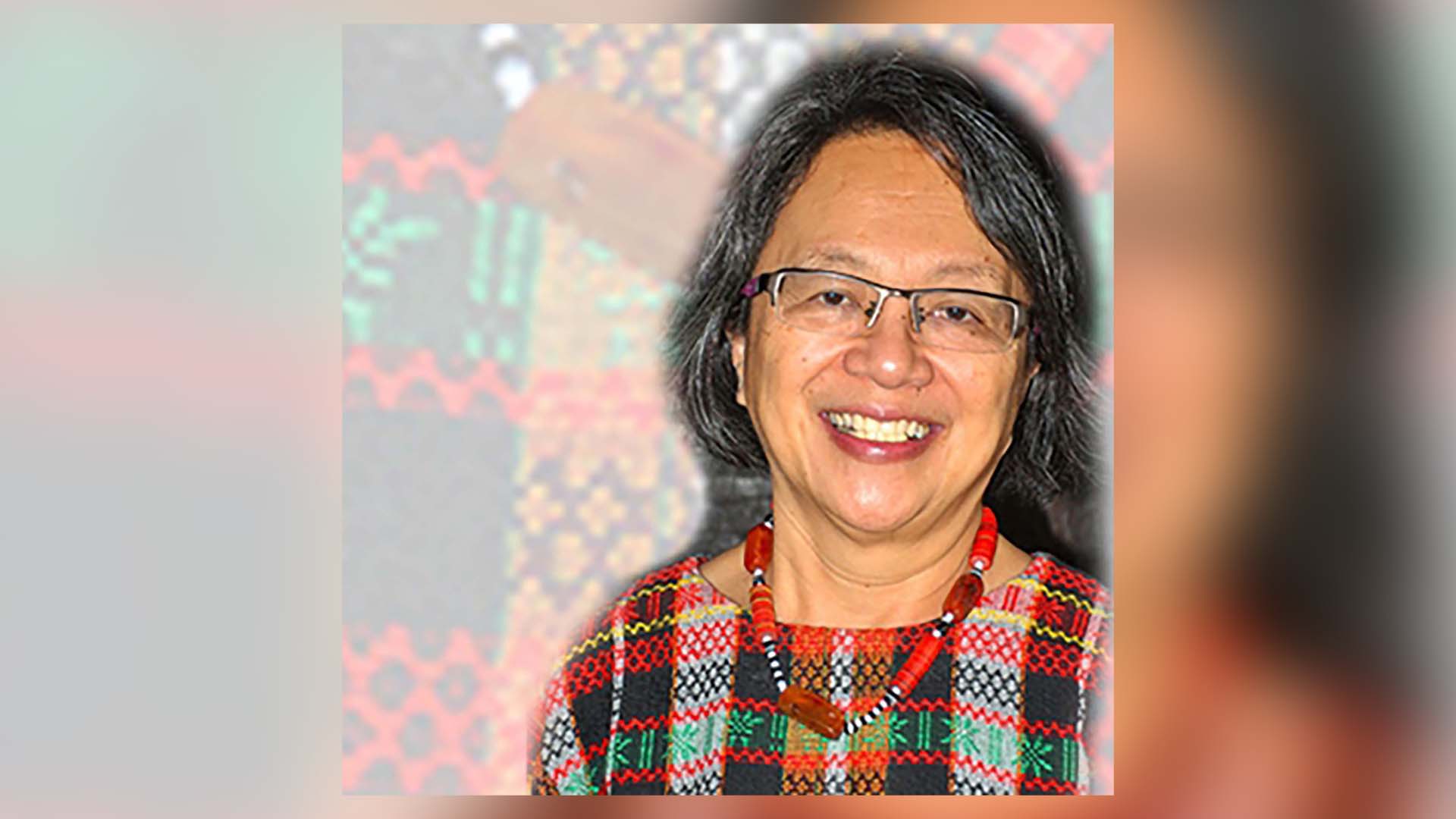In performing my mandate as the UN Special Rapporteur on Indigenous Peoples’ Rights since 2014, I have received many reports and heard testimonies from indigenous individuals, communities and organizations of how they and their organizations have been vilified and falsely accused of crimes they have not committed. Subsequently, some of them are killed, jailed or forced to go out of their countries to seek protection.
As a result of these developments I did a thematic study on attacks against and criminalization of indigenous rights defenders (A/HRC/39/17) which I presented before the UN Human Rights Council in September 2018. This report outlined the legal international laws which protect indigenous peoples rights to their lands, territories and resources, to life and freedom of association. It also described the processes whereby indigenous peoples are criminalized and the recommendations to States on how to address this issue.
I held several meetings with indigenous leaders and activists on the issue of criminalization and impunity before and after I made this report. A key recommendation which evolved from these is the need to undertake a global initiative to address and prevent criminalization and impunity against indigenous peoples. This will be done not as a part of my mandate as the Special Rapporteur, as I am ending this in 30 May 2020. It is an independent initiative which Joan Carling, a former member of the UN Permanent Forum on Indigenous Issues and the recipient of the UNEP Environmental Defender Award in 2018 and I am leading. This is one of the ways we will pursue our continuing commitment to fight and protect the rights of indigenous peoples. The Initiative aims to prevent, respond, reduce and prevent acts of criminalization and impunity against indigenous peoples and to provide better protection and access to justice for actual and potential victims not only as individuals but as collectives or communities. It will be undertaken by a new institution called the Indigenous Peoples Rights International (IPRI).
As part of this initiative we gathered preliminary data on extent of criminalization of and impunity against indigenous peoples covering the period 2017 to 2019. This is to substantiate further what I described in my report as a “global crisis” of attacks against environmental human rights defenders wherein a majority of them are members of indigenous communities. The past three years show an alarming trend in the persistence of criminalization and impunity against indigenous peoples. This available data is just the tip of the iceberg of the true scale of the crisis. The initiative will aim to gather more data on this and briefing papers will be made to reflect what has been gathered. This will be done jointly with indigenous peoples at country levels who will be mobilized to generate and make more visible the situations in their countries.
Based on online news and reports from national indigenous organizations and their allies from the international community, 2019 saw 190 indigenous peoples from 17 countries targeted in relation to their efforts of defending their lands and territories. Sixty-six (66) percent of this have been incidents of killing. One (1) out of 18 of these killings has been documented to have initially started with threats and intimidations, which include indiscriminate firing and illegal search of homes and offices. Compared to 2018 data, with just 11 countries covered, 95% of the incidents have been arbitrary detentions, which include incidents of imprisonment without due process. Colombia had the highest number with 9,422 individuals detained; that’s around 1% of the total population of its indigenous peoples. Indigenous peoples in Colombia make up 3.4% of the national population.
Joan Carling and I have not been spared of such criminalization actions by the Government of the Philippines. In 2018 we were included in a list of more than 600 alleged “terrorists” drawn up by the Department of Justice of the Government of the Philippines. On the basis of a court motion we filed seeking for clarification of our status in this list, the Government decided to get rid of the list. However, early this year, 2019, the Government has launched what it calls a Whole of Nation Approach to End Local Communist Armed Conflict (ELCAC), where they included me again in their power point presentations accusing me as a communist infiltrator of the United Nations. All these are done notwithstanding the fact that I have immunity from such attacks and charges because I am the UN Special Rapporteur on the Rights of Indigenous Peoples. I totally deny these allegations and I call on the Government to cease from doing these actions. In my report on criminalization I called for zero tolerance for acts of criminalization and impunity against indigenous peoples on the part of the States and also business corporations which collude with States in such acts. I will hold the Government responsible for actions taken which violate my basic human rights.
We are doing a soft launching of this initiative in celebration of December 10, the International Day of Human Rights. However, a full-scale launching of this will be done in April 2020 in conjunction with the session of the UN Permanent Forum on Indigenous Issues. The website of this initiative is www.indigenousrightsinternational.org.
We will work with indigenous leaders and human rights defenders in the various regions in the world as well as with other human rights organizations, such as Global Witness, Amnesty International, Frontline Defenders, International Workgroup on Indigenous Affairs (IWGIA), among others. We will also work with the Office of the High Commissioner on Human Rights, Special Rapporteurs and National Human Rights Institutions.
Victoria Tauli-Corpuz


%2020.49.20.png)
